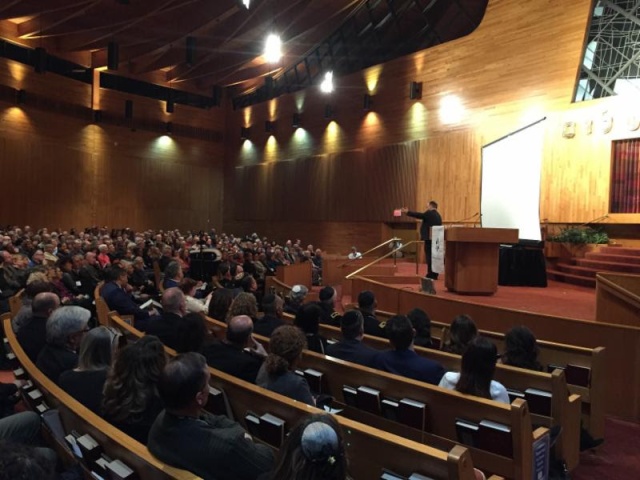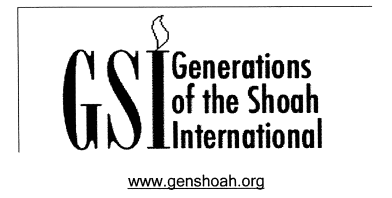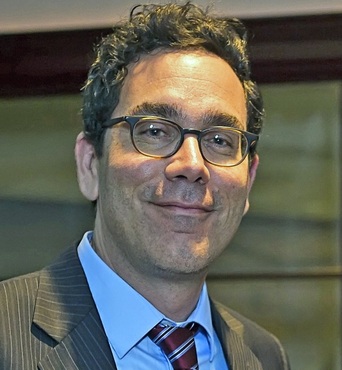On Holocaust Remembrance Day Trump’s White House issued a statement condemning Nazi terror and resolving to prevent generalized atrocities in the future. The statement, however, did not mention Jews or antisemitism. This omission raised eyebrows. Upon questioning, a spokeswoman for Trump’s administration cited inclusivity of and sensitivity to all of the groups that perished under Nazi brutality as the cause for ambiguity in the aforementioned statement. The spokeswoman directed attention to an article that discussed the killing of six million Jews as well as the killing of “priests, gypsies, people with mental or physical disabilities, communists, trade unionists, Jehovah’s Witnesses, anarchists, Poles and other Slavic peoples, and resistance fighters” under the Nazi regime.
While these groups were Nazi targets, no group was targeted as indiscriminately as the Jews. Antisemitism produced a unique brand of blind hatred. At the Holocaust Remembrance Day event held on January 26th in the Twin Cities, Patrick Desbois – a French Catholic priest known for his work identifying sites of genocidal violence and author of The Holocaust by Bullets – explained that Jewishness was a source of unequivocal condemnation. “Never was there a Jewish child too young or a Jewish woman too old for the Nazis to destroy,” he said.





